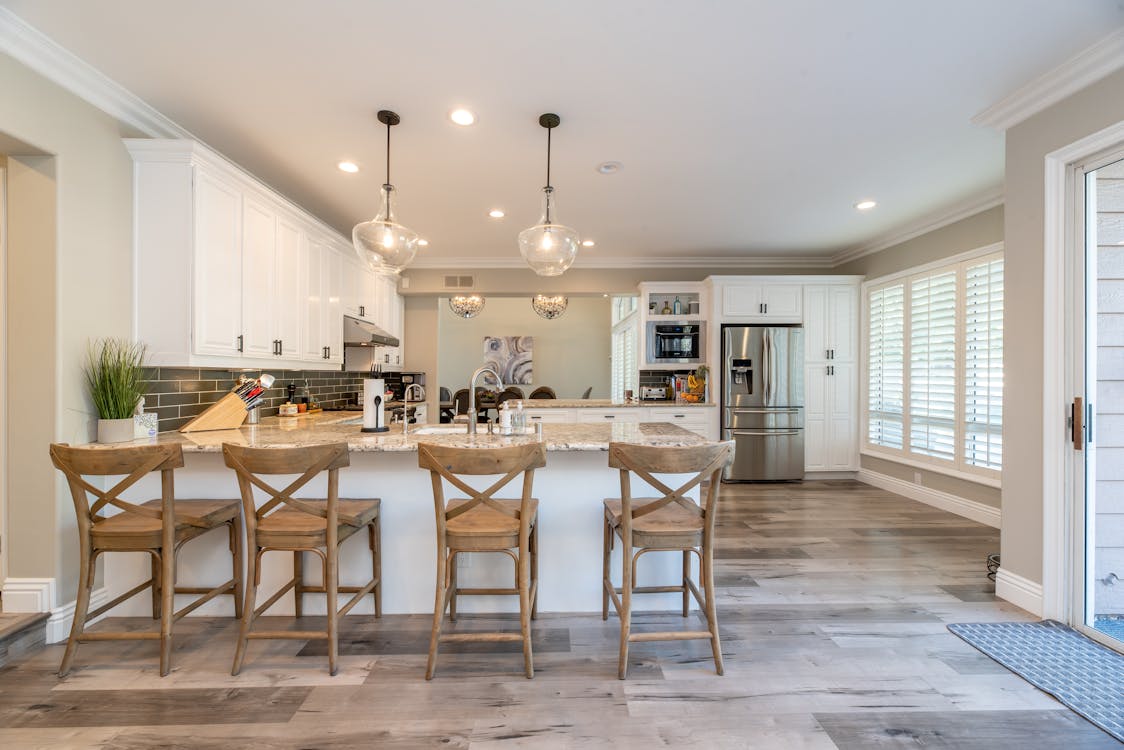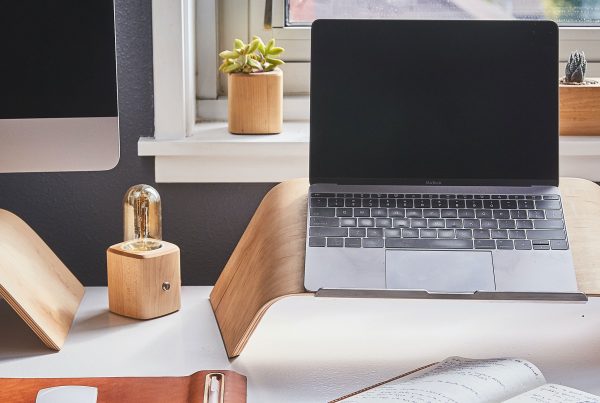Purchasing your first home is a huge milestone and one of the most significant purchases you will ever make. You’ll need to save for a down payment, along with insurance, closing costs, and other expenses, which can really add up. That’s a lot of cash upfront, and it can take time to amass that amount of money, especially when you’re already on a tight budget.
If you’re a first-time homebuyer looking for fast ways to save money for a house, you may feel discouraged at the amount of time it could take you to reach your goal. However, we have a few tips that can help accelerate the process and get you into a new home sooner rather than later.
Do Your Homework
You need to know your ultimate financial goal to start saving for a house. Exactly how much money will you need? This way, you get a better idea of how much time it will take to qualify for a loan.
Figure Out How Much You Need Upfront
The rule of thumb is to save 20 percent of the total mortgage cost as a down payment on a house. But there are some exceptions. For example, if you fall in the low-to-moderate income range, you may qualify for an FHA loan, which could require a down-payment as low as 3.5 percent.
Additionally, your family could be eligible for a USDA loan or a VA loan, both of which may even have no down payment required. And while you can usually count on needing that 20 percent for a conventional loan, some banks offer loans requiring a significantly lesser down payment, as long as you can afford to pay more each month on your mortgage insurance.
So, although 20 percent is a great goal to shoot for, you should know that there are ways to purchase your first home with a much smaller down payment. To determine how much you will need in your particular situation, the first thing you should do is visit an experienced mortgage broker.
Don’t Forget About Additional Costs
The down payment can be a considerable expense, but unfortunately, other costs are involved in purchasing your first home as well. For example, if you put down less than 20 percent, you’ll need PMI, which stands for Private Mortgage Insurance. PMI protects the lender in case you can’t make your mortgage payments.
You also will need to have the home you are planning to purchase inspected and appraised; the average cost for these two things is around $300 each.
Lastly, you’ll need to consider closing costs. An experienced buyer’s agent may negotiate with the seller to pay your closing costs, but if they choose not to, you’ll be responsible for those as well. Closing costs can be anywhere between two to five percent of your mortgage.
When you’re trying to save up to buy your first home, you’ll want to add these costs into the total amount you will need. That way, it won’t be a last-minute surprise. A good real estate agent or a mortgage broker can help you determine precisely what you will need. This brings us to the next point: Get a buyer’s agent.
Procure an Experienced Buyer’s Agent
It’s not enough to secure just any real estate agent. You should find an experienced buyer’s agent. A buyer’s agent will have a fiduciary duty to you, which means they are legally bound to represent you as the buyer. This is especially important when making any real estate purchase, but it’s even more critical for first-time homebuyers. That’s because a buyer’s agent will not only help you find additional ways to save money, but they can also negotiate with the seller to get you the best price.
How Can I Possibly Save All That Money for a House?
Once you’ve determined how much you’re going to need, it may feel like an impossibility. But don’t get discouraged. Millions of first-time homebuyers who have been in your position are now homeowners. You can do it too. You’ll just need to be strategic about it.
Strategies to save money for your first home
1. Take a Hard Look at Your Current Budget
If you want to start saving, you’ve got to get control of your budget. You won’t be able to set aside money for a down payment if your income is all going somewhere else. So sit down and examine closely where all of your money goes each month, from your car insurance to utility bills to groceries, and look for any areas where you can cut back.
Next, look at how much money you and your family spend on non-essential items like coffee, entertainment, fast food, etc. This will include anything you don’t need to spend money on to provide for your basic needs or maintain your credit. Then, decide how much you can set aside each paycheck toward your down payment. A pen and notebook will work fine while working on your income and expense list. However, you can also consider using a budgeting app to streamline the process.
2. Consider a Side Gig
If you have looked over your monthly budget, accounting for rent, utilities, transportation, food, and other needs, and there is still not enough to save, consider a part-time job or even several small side gigs. A side hustle is a sure way to build up your savings fast. And you can think of it as a temporary situation that doesn’t need to go on forever.
In today’s gig economy, side hustles are more popular and plentiful than ever. There are dozens of options. All you need to do is find one or more that work for you. For example, you could work as an Uber or Lyft driver, Join a food delivery service, or do some writing for cash. Other ideas include:
- Start tutoring kids online
- Unload unwanted items on ebay
- Sell your arts and crafts on Etsy
- Become an online influencer
- Pick up some housecleaning jobs
- Shovel snow or mow lawns
- Be a dog walker or pet sitter
A Note About Paid Online Surveys:
Another flexible side hustle is to get paid for surveys. This is an excellent gig to pick up if you’re tight on time. That’s because you can do online surveys for cash anywhere you have an internet or data connection, and you can complete the work on any device. So, for example, if you’re impatiently enduring a long wait at the doctor’s office, you could pick up your phone and take some paid surveys. In essence, you could be making cash to save for your future home during what would otherwise be wasted time.
3. Look For Ways To Reduce Expenses
You’ve already examined your budget and considered a side gig to save money, but have you cut back on expenses as much as you possibly can? If you do a little detective work, you’ll probably discover there are still a few ways you can save money on your monthly expenses and not even notice. Here’s how:
- Turn off the lights when you’re not in the room.
- Combine errands into one trip to save on gas.
- Purchase frequently used grocery and paper items in bulk.
- Cook from scratch and avoid take-out meals.
- Turn your water heater down a few degrees.
- Start using coupons and looking for sales.
Closing Thoughts
It may seem like an impossible challenge to save money when you’re a first-time homebuyer, but you can do it with persistence and your eye on your goal of purchasing a home. By implementing tiny, actionable steps in the right direction, you’ll start seeing progress. Before long, a small pile of savings will grow into a sum large enough for you to realize your dreams of becoming a homeowner at last.












